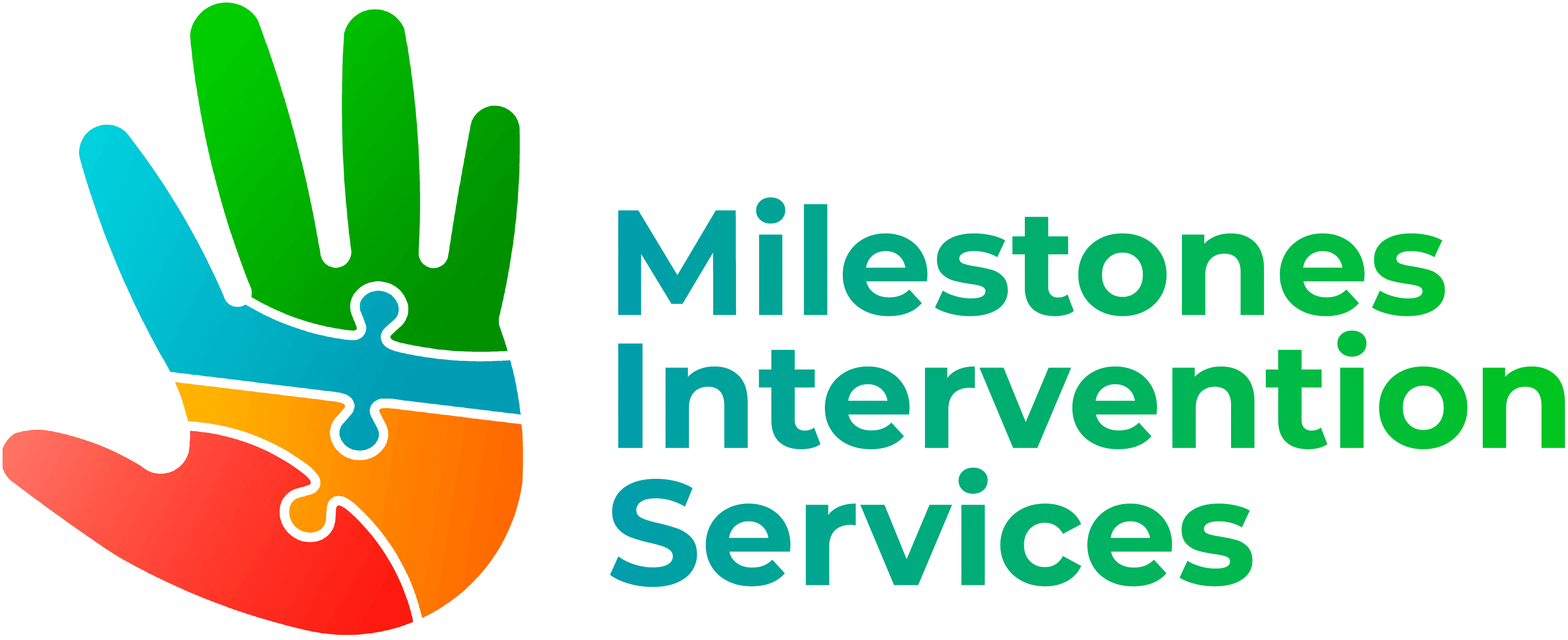
What You Need To Know About Compact Licensure
In order to provide teletherapy, a practitioner must have a valid state license to practice. One of the benefits of teletherapy is being able to defy the rules of geography to reach those clients that can benefit from your services regardless of where they are on a map. However, prior to providing services in other states, there are some details you must be aware of to legally provide and bill for services in other states.
According to state laws, practitioners are to have a license in each state they provide services in. For example, if a clinician lives in Florida and plans to provide tele-practice services to a client in South Carolina, it is required for the clinician to have a license in both Florida and in South Carolina. Compact licenses have allowed for practitioners to be able to provide services in multiple states through one simple process that will cover multiple states.
What is a compact license and why do you need one?
A compact license is a professional license that allows practitioners to treat clients in a variety of participating states without having to individual obtain each state licensure. The benefit of a compact license is that one process will allow clinicians to provide services in multiple states. By obtaining an interstate compact license, clinicians are able to broaden their access to clients throughout the United States. The states that choose to participate in the compact licensure process have agreed to share regulation and requirements amongst them to verify qualifications. However, each state reserves the right to regulate practice within their own state.
Who can obtain a Compact License?
Currently, a variety of professionals have access to compact licensure, such as Physical Therapists, Medical Doctors, Nurses, Psychologists, and EMS professionals. Occupational Therapists were granted access in late 2021, Speech Language Pathologists are expected to be able to start applying and utilizing compact licensure in 2022, and Mental Health professionals are anticipating access to compact licensure in late 2022 or early 2023.
How do you obtain a Compact License?
If you have had a current professional license in your state of residence for 2 years, and your profession has access to a compact license at this time, you are able to submit for inter-state licensure through the compact. Make sure you reach out to the licensure board of the states you wish to practicing in to confirm that you are within compliance with your compact license. Often, states will have a fee that must be paid for treating. It is important to review the regulations about maintaining the compact licensure once it is obtained. Most compact privileges will expire at the same time as your practicing license, meaning fees and renewals will be due at the same time.
Many lobbying professionals have been working diligently to support interstate compacts allowing for services to be provided despite geographical region. If you are interested in helping support the initiatives in your profession, or if you are interested in more information on compact licensure, please contact the designated compact privilege group for your designated discipline. Together, we can create access to appropriate services throughout the United States without reservations or restrictions.
